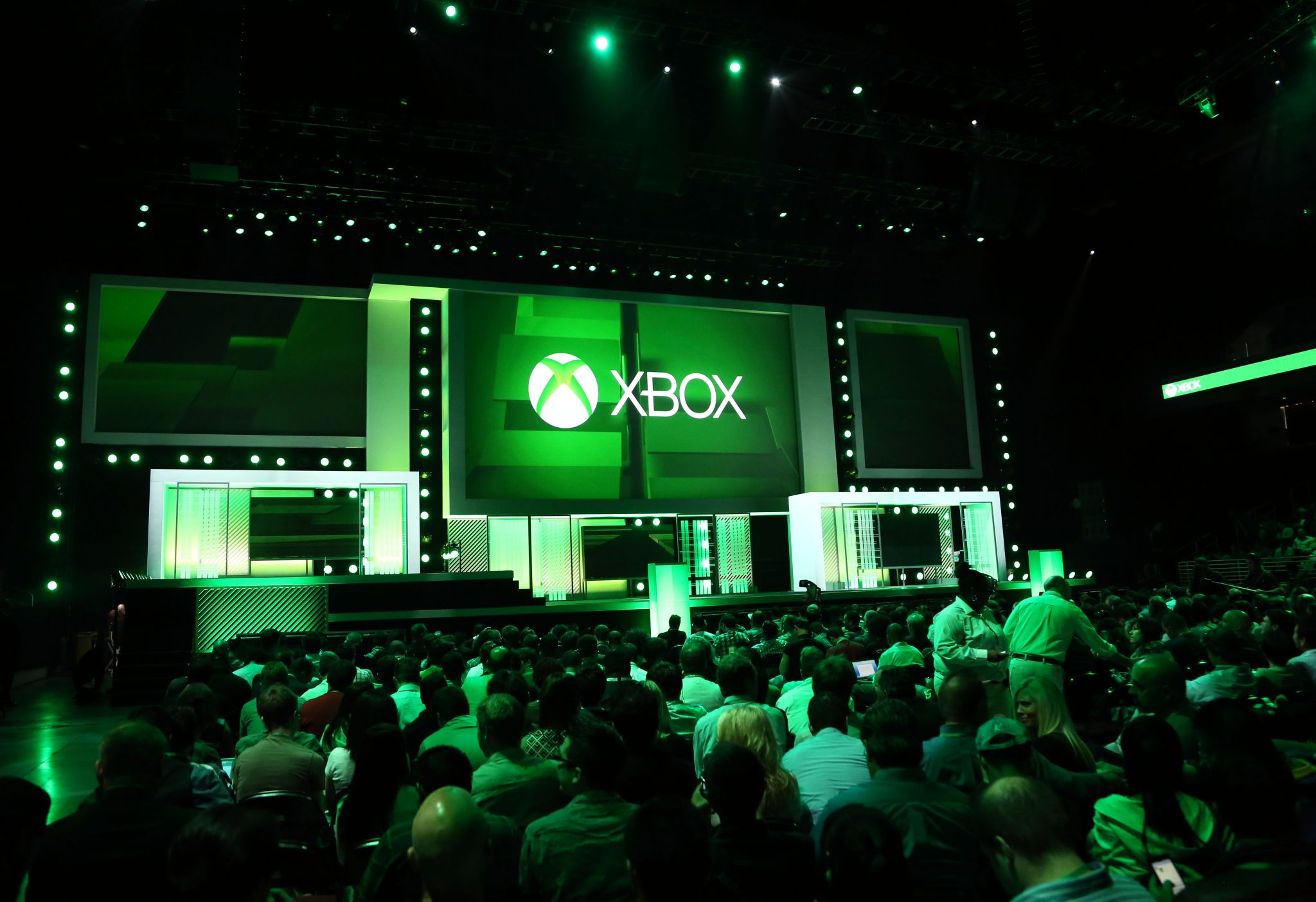
While next-gen consoles are well on their way to release, mobile games have been getting the lion’s share of the attention from both the public and developers alike. Just as console developers of the late 90s and early 00s battled for the loyalty of gamers, Apple and Google are now angling for how to keep gamers on their side.
The promise (or threat?) of Microsoft
But it’s Microsoft that may just be able to do with mobile gaming what they did with consoles ten years ago, and turn the market upside down. Microsoft is currently in the weeds for making some rather questionable decisions with the overhaul of their flagship products, from the lackluster launch of the Surface Tablet to the head-scratching changes in Windows 8 — and most recently, the announcement that the Xbox One would not allow users to share games. To some, this fundamental change to DRM is enough to ensure many gamers will never purchase it, probably chilling Microsoft’s dominance in consoles.
However, one undeniable fact underlies everything Microsoft is attempting to do with a reinvention that has gone surprisingly unexamined over the last few months. With Windows 8, Microsoft will have the ability to allow gaming across all four devices most used by modern gamers: console, PC, tablet, and smartphone.
From one toy to the next
Microsoft’s ability to release cross-platform games across all four of these devices gives the company an opportunity to monopolize its users that would make Tim Cook envious. Apple may have computers, smartphones, and tablets, but Microsoft may attain something the rivals at Sony and Nintendo have tried and failed to do over the years: enable users to play the same game on any screen, whether it’s a mobile device, desktop monitor, or living-room TV.
Unfortunately, Microsoft doesn’t have the best track record for cross-platform gaming either. Microsoft’s launch of Games for Windows stumbled when it came to how games played differently from one medium to the next. Shadowrun’s multiplayer was a prime example of this problem: PC gamers could simply react faster than console gamers, as well as get higher-resolution views of the surroundings in order to make better decisions.
The gameplay restrictions inherent in cross-platform play became even starker with mobile gaming, because a smartphone or tablet is a notoriously more difficult means of controlling a game than either a console or PC.
The game’s the thing
But finding a type of game that can work across all devices may not be as tall an order as you would expect. Microsoft has already found the silver bullet: turn-based games. Games like these rely on thought and planning more than breakneck decisions, so they place players across all platforms squarely on the same level.
More importantly, Redmond already has such a game in Skulls of the Shogun, a turn-based strategy game available on all Windows 8 devices and Xbox 360. So far, it’s been wildly successful, and may just present a model for how all forms of gaming will evolve over the next few years.
In order to capitalize on this evolution, however, Microsoft needs to act more boldly than they are now. While people are all too happy to use their smartphones and tablets for simple distractions — like Fruit Ninja or online betting — gamers are nothing if not voracious. Soon people will want the sort of cross-platform functionality that Microsoft could provide, but only on the condition that it’ll be fluid and intuitive. To do that, developers must step up to support Redmond’s cross-platform efforts.
Regardless of whether Microsoft waits for other developers to embrace their four-screen dream or strikes out to design games of its own, it’s undeniable that as of now, Microsoft may be the dark horse of gaming. That might not be enough of a promise to get you to buy a Surface tablet, but in a year or two, you could be wishing you had.


